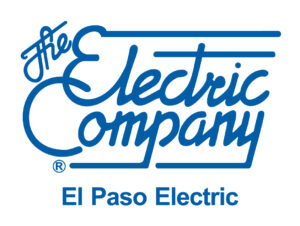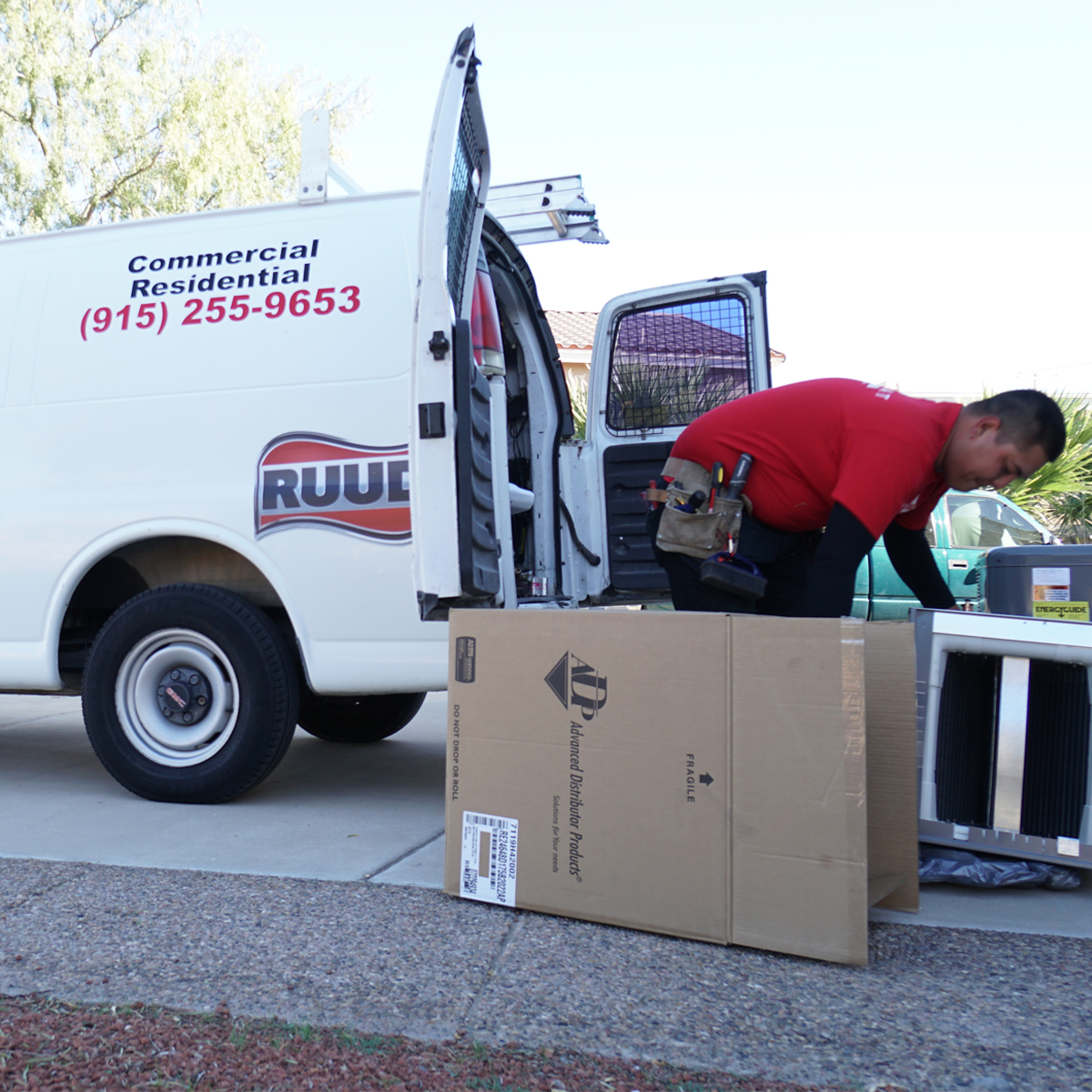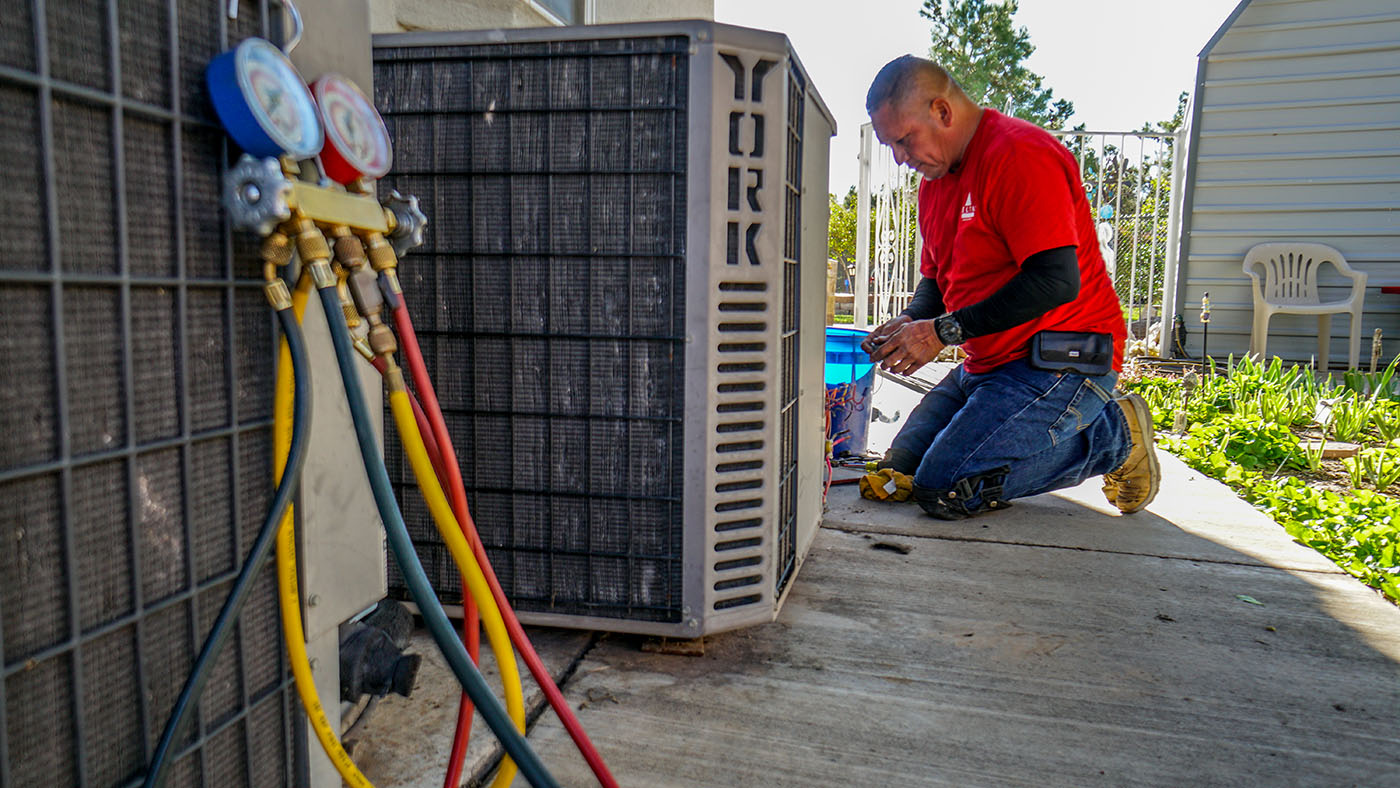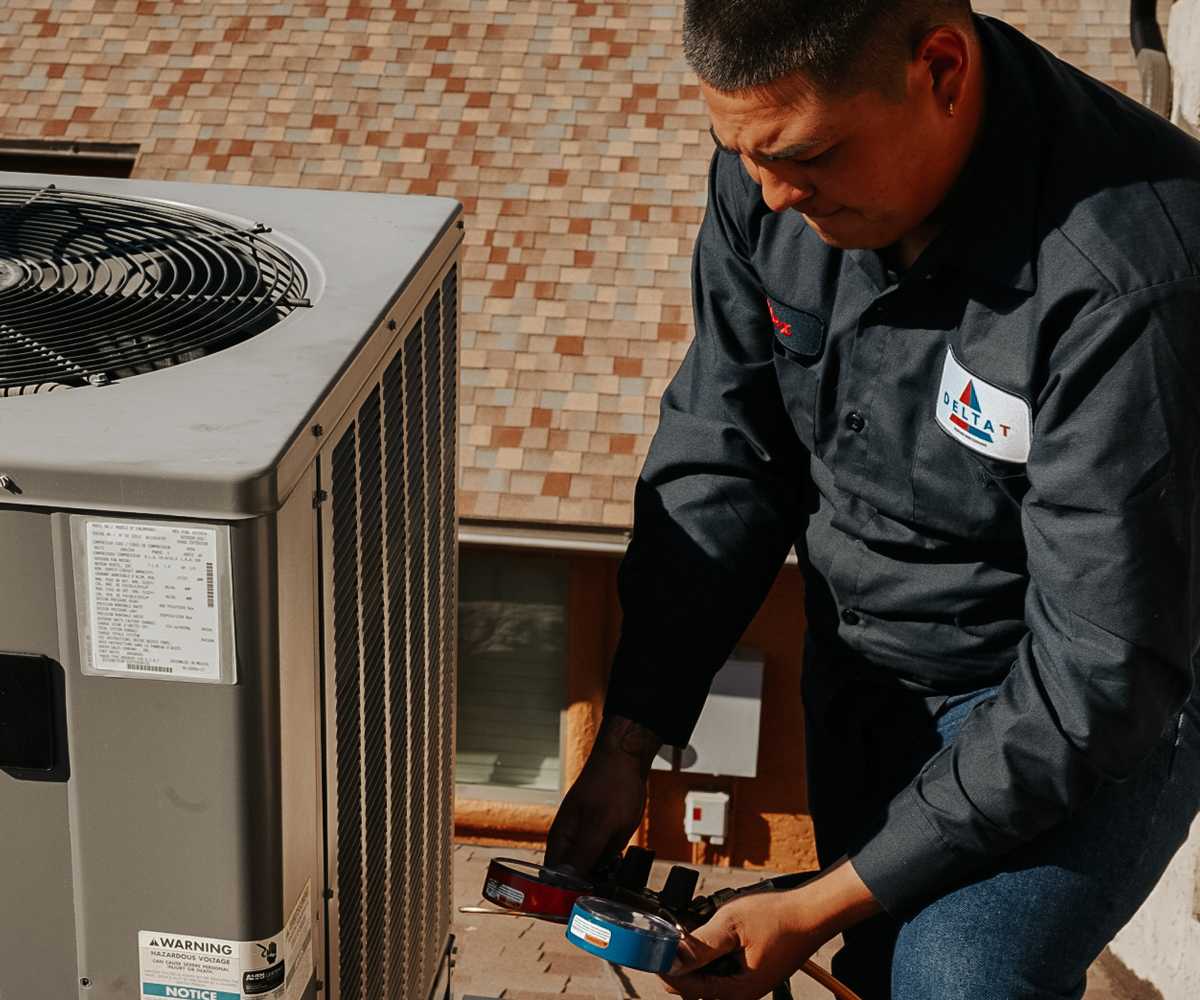Welcome to Delta T Heating & Cooling’s Energy Efficiency Program Partner page! We are a proud participating contractor with El Paso Electric and are excited to offer a comprehensive energy efficiency program designed to help our partners reduce their energy consumption, lower utility bills, and promote sustainability.
Delta T Heating & Cooling


By upgrading, not only will you reduce your energy bills and improve air quality in your home; it’ll also keep you comfortable all year round! Reach out to them today for more information about incentives they offer that could help make maximum efficiency models a reality – because who doesn’t want improved comfort at an amazing price?
Hurry up! Contact us today and get
Energy Efficiency HVAC: The Future of Heating and Cooling
In today’s rapidly changing environment, energy efficiency HVAC is not merely a trend but an essential for the world of heating and cooling. As global temperatures fluctuate and the effects of climate change become more pronounced, our reliance on HVAC systems grows. However, with this increased reliance comes the responsibility to ensure these systems are as efficient as possible.
Understanding the Basics of HVAC Systems
The term HVAC, which stands for Heating, Ventilation, and Air Conditioning, represents a system that has been foundational in creating comfortable indoor environments. For years, these systems have been integral in homes, offices, and other establishments, ensuring that regardless of external weather conditions, the indoors remains comfortable. From the sweltering heat of summer to the biting cold of winter, HVAC systems have been our primary defense.
These systems are complex, comprising various components like heat pumps, air conditioners, and ventilation equipment. Each component has a specific role. For instance, while heat pumps can extract heat from the outside air to warm a building, air conditioners do the opposite, removing heat to cool a building down.


Why Energy Consumption Matters
Historically, HVAC systems, especially older models, have been significant consumers of energy. This high energy consumption not only leads to increased utility bills but also contributes to a larger carbon footprint. With the global push towards sustainability and the urgent need to reduce greenhouse gas emissions, the focus on energy-efficient HVAC systems has never been more critical.
Emerging in response to this need are the new-generation energy efficiency HVAC systems. These modern marvels are designed with the latest technology, ensuring they provide optimal performance while consuming a fraction of the energy their older counterparts used.
Delving Deeper: Heat Pumps and Air Conditioners
In the vast world of HVAC, heat pumps and air conditioners are two of the most discussed components. Heat pumps, with their dual functionality, can both heat and cool spaces, making them incredibly versatile. Their efficiency is gauged using metrics like the heating seasonal performance factor (HSPF), where a higher value signifies greater efficiency.
Conversely, air conditioners have a singular focus: cooling. Over the years, advancements in technology have led to the development of air conditioners that not only cool faster but also consume significantly less energy.
Guidance from the Department of Energy
The Department of Energy (DOE) serves as a guiding beacon in the HVAC realm. By setting stringent standards and efficiency benchmarks, the DOE ensures that HVAC manufacturers prioritize energy efficiency. Their guidelines act as a roadmap, leading the industry towards a more sustainable future.
Navigating the Maze of Rating Systems
For the average consumer, understanding the various rating systems associated with HVAC can be overwhelming. However, these ratings, such as SEER (Seasonal Energy Efficiency Ratio), are pivotal in determining a system’s efficiency. A higher rating is synonymous with high efficiency, ensuring the system delivers maximum performance with minimal energy consumption.
The Direct Link: HVAC Efficiency and Energy Costs
There’s a straightforward relationship between HVAC efficiency and energy costs: the more efficient the system, the lower the energy bills. By leveraging cutting-edge technology, modern HVAC systems ensure homes and offices remain comfortable without incurring exorbitant energy costs.
Peering into the Future of HVAC Energy
The future trajectory of HVAC is unmistakably tilted towards efficiency. As research continues and technology evolves, future HVAC systems will undoubtedly be more efficient, more sustainable, and more user-friendly.
Energy efficient HVAC is important in the changing world of heating and cooling.
The Growing Importance of Efficiency in HVAC
The global narrative is shifting towards sustainability, and HVAC systems are a part of that conversation. As the world becomes more energy-conscious, the demand for efficient HVAC systems is skyrocketing. These systems, with their dual promise of reduced energy consumption and minimal environmental impact, are setting the gold standard for the future of heating and cooling.

Contact Us
The HVAC industry is at a pivotal juncture, with energy efficiency emerging as its guiding star. As the world grapples with the dual challenges of climate change and rising energy costs, energy-efficient HVAC systems offer a beacon of hope, promising a future where comfort and sustainability coexist harmoniously. Contact us today and follow us on social media to stay updated!